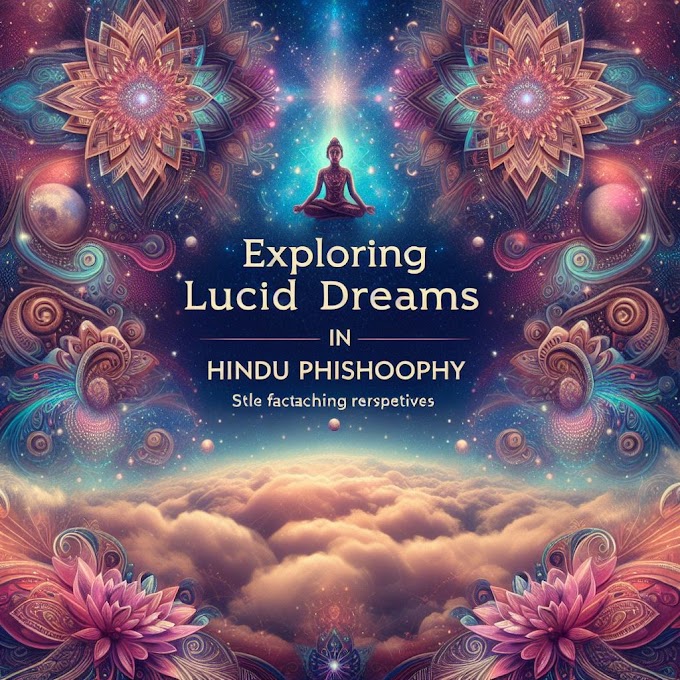Listen to this article
Does Melatonin Help Lucid Dream?
Melatonin is a hormone which is produced naturally in the body, and plays a crucial role in regulating the sleep-wake cycle.". It is believed that melatonin supplements can aid in inducing lucid dreams.. However, the relationship between melatonin and lucid dreaming is not fully understood and more research is needed to confirm this connection.
Note: There are many rumors about melatonin for lucid dreaming. So, be aware and careful. In this article, you will get complete answers to your query with scientific research and facts.
Some studies have suggested that melatonin supplements may increase the frequency of lucid dreams, although the evidence is not conclusive. It's also important to note that taking melatonin can have side effects, including dizziness, headache, and grogginess in the morning.
You should know that Melatonin is a hormone that regulates the sleep-wake cycle, it can be helpful in people who have insomnia or sleep disorders, but it's not a lucid dream inducer. But wait, though melatonin is not a lucid dream inducer but if taken correctly, this may increase the chances of having lucid dreams.
Taking melatonin can help you to fall asleep and stay asleep and that can help you to dream and even to have lucid dreams, but it's not a guarantee that you will have lucid dreams every night.
If you want to try melatonin supplements then my personal advice is to consult with a healthcare professional before taking it, especially if you're taking any other medications or have any underlying health conditions.
Are there any studies that have been done on Melatonin and Lucid Dreaming?
What are the benefits and risks of using melatonin for lucid dreaming?
- Melatonin can help regulate the sleep-wake cycle, which can improve the chances of having lucid dreams.
- Melatonin can help to fall asleep and stay asleep, which is important for having lucid dreams.
- Melatonin may increase the frequency of lucid dreams, as suggested by some studies.
- Melatonin is a natural hormone that is already produced by the body, so it is generally considered safe.
- Melatonin induces vivid dreams due to which the dream recall power of lucid dreamers increases.
- Melatonin is a hormone supplement and it may have side effects such as dizziness, headache, and grogginess in the morning.
- Melatonin may interact with certain medications and health conditions, so it's important to consult with a healthcare professional before taking it.
- Melatonin may not be effective for everyone and the relationship between melatonin and lucid dreaming is not fully understood.
- Melatonin may not be a guarantee that you will have lucid dreams every night, as it depends on multiple factors.
- Long-term use of melatonin supplements may disrupt the body's natural melatonin production and it's not recommended.
What is the recommended dosage of Melatonin for lucid dreaming?
How to get more melatonin naturally from food?
- Eat foods that contain high levels of melatonin, such as tart cherries, goji berries, and walnuts.
- Increase your intake of tryptophan-rich foods, such as turkey, chicken, eggs, and dairy products. Melatonin is produced in the body by converting tryptophan, which is an amino acid.
- Eat foods that are high in antioxidants and vitamins like vitamin B6, vitamin C, and vitamin E which can help in the production of melatonin.
- Avoid consuming caffeine, alcohol, and nicotine, especially close to bedtime, as they can disrupt the body's natural melatonin production.
- Try to eat your dinner at least 2-3 hours before going to bed to give your body enough time to digest the food and start the melatonin production.

.png)

.png)
.png)
.png)
.png)







